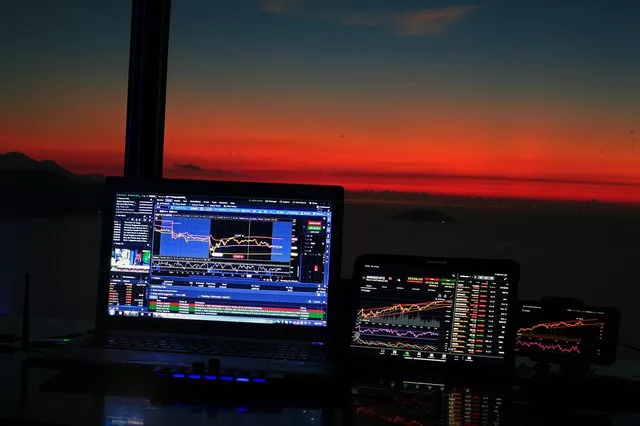In the dynamic world of financial markets, investors are presented with a multitude of instruments to trade, each carrying its unique set of advantages and risks. One such instrument that has gained significant popularity is futures trading, often touted for its distinct advantages over cash markets. In this article, we delve into the reasons why seasoned investors and traders often prefer futures contracts over their cash equivalents.
Leverage and Capital Efficiency
One of the primary attractions of trading futures lies in the inherent leverage they offer. Unlike cash markets where investors need to put up the full value of an asset to initiate a trade, futures allow traders to control a larger position with a fraction of the capital. This magnification of trading power enables investors to potentially amplify returns, but it’s crucial to note that it also escalates the risk, making risk management paramount.
Diversification Opportunities
Futures markets cover a vast array of asset classes, including commodities, currencies, stock indices, and interest rates. This diversity provides traders with the opportunity to diversify their portfolios across different sectors, reducing overall risk exposure. By accessing markets beyond traditional equities, traders can find new avenues for profit in various economic conditions.
Hedging and Risk Management
Futures contracts are widely recognized for their effectiveness in hedging against price fluctuations. Whether you are a farmer protecting against the volatility of crop prices or an investor safeguarding a portfolio from adverse market movements, futures offer a reliable tool for managing risk. The ability to lock in prices and protect against adverse price movements enhances the stability of financial positions, making futures an indispensable component of risk management strategies.
See Also: Is selling futures bearish?
Liquidity and Price Discovery
Futures markets are characterized by high liquidity, ensuring that traders can enter and exit positions with ease. This liquidity is a result of active participation from institutional investors, market makers, and speculators. The constant flow of orders facilitates efficient price discovery, ensuring that market prices accurately reflect the supply and demand dynamics of the underlying assets.
24-Hour Trading
Unlike most cash markets that have specific trading hours, futures markets operate 24 hours a day, five days a week. This continuous trading cycle accommodates a global marketplace, allowing investors to react swiftly to news and events unfolding in different time zones. This flexibility is particularly advantageous for international traders who need to navigate various markets and respond to breaking news outside regular business hours.
Tax Efficiency
Trading futures contracts can offer tax advantages compared to trading in cash markets. In some jurisdictions, futures traders may benefit from favorable tax treatment, such as lower tax rates on capital gains or the ability to defer taxes through specific accounting methods. Understanding the tax implications of trading instruments is crucial for maximizing returns and minimizing tax liabilities.
Lower Transaction Costs
Futures trading often involves lower transaction costs compared to cash markets. The standardized nature of futures contracts and the efficiency of electronic trading platforms contribute to reduced bid-ask spreads and commission expenses. For frequent traders, these cost savings can significantly impact overall profitability.
Conclusion
While cash markets undoubtedly play a crucial role in the global financial landscape, futures trading offers a compelling alternative with distinct advantages. From enhanced leverage and capital efficiency to 24-hour trading and tax benefits, the reasons to choose futures over cash are compelling. However, it’s essential for traders to approach futures markets with a thorough understanding of the associated risks and a robust risk management strategy. As with any financial instrument, success in futures trading requires a combination of market knowledge, discipline, and a keen awareness of global economic factors. As investors navigate an increasingly complex financial landscape, the strategic incorporation of futures contracts can provide a powerful means of achieving financial goals and managing risk effectively.


